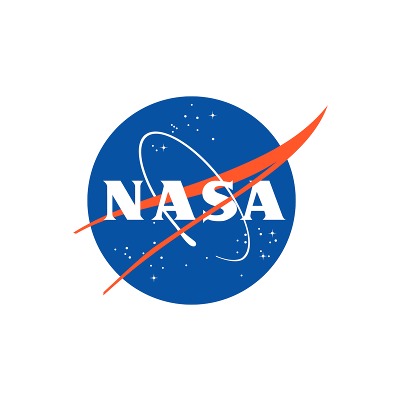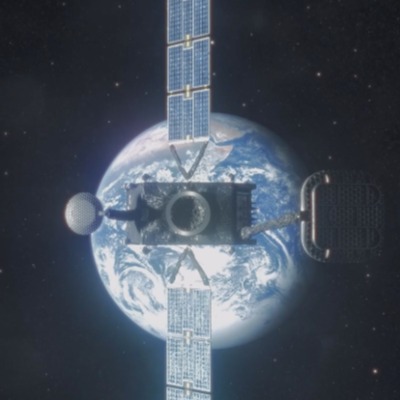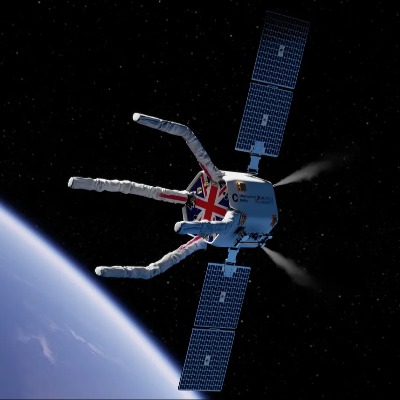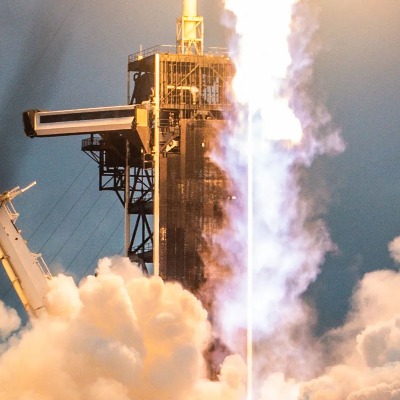Five Eyes On Earth: Chinese Take Leap In Remote Sensing With Orbital Quintet
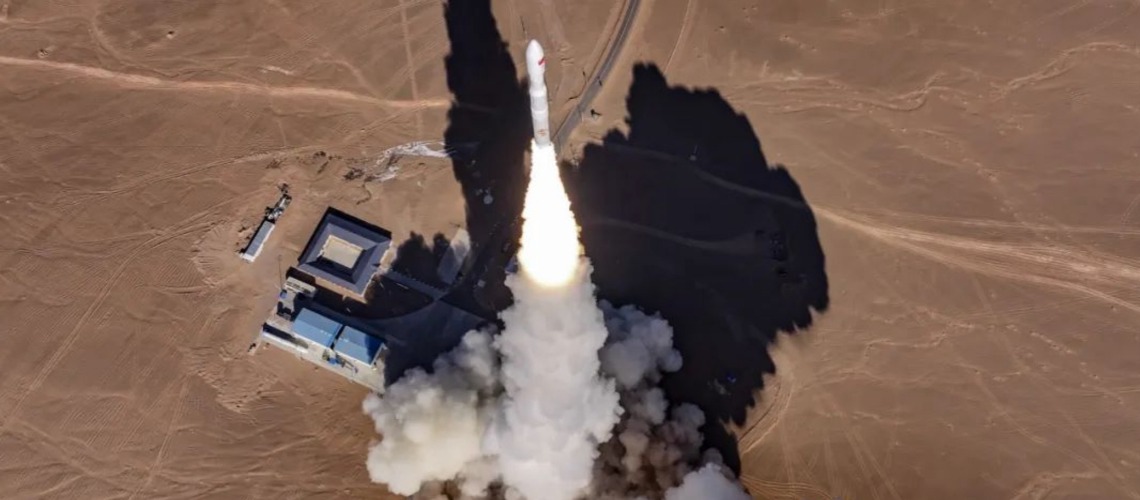
In a significant step towards strengthening its remote sensing capabilities, a Beijing-based private company, Minospace, sent five Taijing satellites rocketing into the cosmos aboard a Chinese-made solid-fuel rocket, the Kinetica-1.
- The Taijing satellites have a lifespan of about 5 years.
- The total cost of the mission is estimated to be around 100 million yuan (US$15 million).
- Minospace plans to launch more Taijing satellites in the future, aiming to build a constellation of over 20 satellites by 2030.
This mission, taking off from the Jiuquan Satellite Launch Center on Monday, January 22nd, marks a milestone for China's burgeoning private space industry and underscores its ambitions in the realm of Earth observation.
A Constellation in the Making:
The five Taijing satellites, each named after a different color – 1C (blue), 2B (green), 2D (green), 3B (yellow), and 4C (blue) – boast diverse functions. They range from high-resolution optical imaging satellites for capturing detailed topographical data to a phased-array radar satellite capable of peering through cloud cover and fog.
"These satellites will enhance China's ability to monitor environmental changes, manage natural resources, and improve disaster preparedness," explained a Minospace representative. "The data they collect will be invaluable for various sectors, including agriculture, forestry, urban planning, and scientific research."
Private Powerhouse Takes Flight:
While China's state-owned space program has long been in the spotlight, Minospace's successful launch underscores the growing clout of private players in the country's space ambitions. Established in 2015, Minospace has quickly climbed the ranks, designing and building its own satellites and rockets. The Kinetica-1, boasting a 100% success rate in its three launches so far, is a testament to the company's technological prowess.
Global Race for Orbital Supremacy:
China's growing remote sensing capabilities come amidst a global space race, with nations like the United States, India, and Europe also vying for dominance in Earth observation. This surge in interest stems from the vast potential of satellite data, used for everything from tracking deforestation to predicting crop yields to monitoring illegal fishing.
A Future Full of Eyes:
With the successful launch of the Taijing quintet, Minospace has taken a significant step forward in establishing itself as a major player in the global remote sensing market. While challenges remain, including competition from established players and the need for continuous technological advancements, China's private space industry is undoubtedly soaring towards new heights, its gaze firmly fixed on Earth from the celestial vantage point.

